Media companies including Nine, the owner of this masthead, have retrenched journalists after losing millions of dollars in payments from Meta under the code.
Assistant Treasurer Stephen Jones said the government was planning a series of policy measures rather than a single package to bring together all the tech reforms.
Prime Minister Anthony promised draft laws before Christmas to protect children from social media.Credit: Alex Ellinghausen
“The proposition is simple – if you’re a bricks-and-mortar company or a digital platform, and you’re operating in Australia, you’ve got to abide by Australian laws,” he said in an interview.
“The big digital platforms are making billions of dollars in Australia, so we’re a valuable marketplace for these platforms, and we are determined to assert our sovereignty.”
Jones said he was closely watching overseas moves such as the decision in Brazil to ban Elon Musk’s X platform and the decision in France to arrest the founder of messaging app Telegram, saying this showed the Australian government was right to act.
Loading
“These things have the same character: how do we hold social media companies to account for harm when they operate as if they are not accountable,” he said.
“Regulating criminal content is not a matter of free speech.”
The prime minister told this masthead that new technology could boost productivity and improve communication but could also be a source of misinformation and harm to consumers.
“Responding to protect Australian sovereignty is complex but necessary,” he said.
Industry Minister Ed Husic is preparing to set guard rails for artificial intelligence and Attorney-General Mark Dreyfus is examining whether language chatbots such as OpenAI should pay media companies for content.
Apple and Google payment apps will also be more strictly regulated so they are treated like credit cards. However, the move is in jeopardy because a bill to overhaul the RBA, which includes the payment legislation, does not have Coalition support.
The government may introduce a duty of care and bigger penalties for tech firms in a review of the Online Safety Act that will hand more powers to the eSafety Commissioner, with Communications Minister Michelle Rowland overseeing the changes.
Labor is also searching for a new mechanism to force Meta to pay for news articles after a stand-off over multimillion-dollar deals with Australian media firms. While Jones would not confirm the levy proposal, another senior figure inside the government said it was an option.
Meta, X and other social platforms will also be caught up in Labor’s plans to clamp down on misinformation, which the government will re-announce soon after shelving plans in the face of fierce free-speech criticism from the Coalition last year.
Loading
Greens senator Sarah Hanson-Young rejected the proposal for an age limit on social media, saying safety measures were better than a ban.
“We need to teach children how to use social media and understand there are many positive benefits, particularly for marginalised kids, to being online,” she said.
RMIT information sciences professor Lisa Given said the call for a ban was premature and not supported by clear evidence, while Western Sydney University senior lecturer Joanne Orlando said age verification could work but the biggest issue was keeping children’s identification safe.
UNICEF Australia head of policy Katie Maskiell said it was better to protect children online, not necessarily by banning them.
“In this regard, raising the age of social media is almost punishing young people for the failure of tech companies to build their platforms more responsibly,” she said.
Cut through the noise of federal politics with news, views and expert analysis. Subscribers can sign up to our weekly Inside Politics newsletter.
Source Agencies



